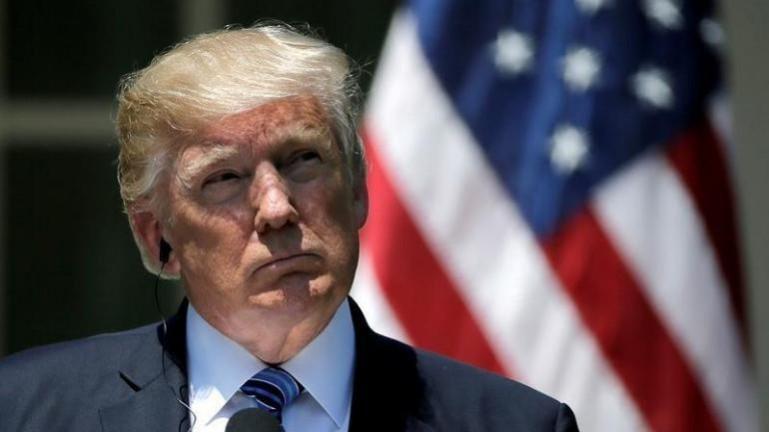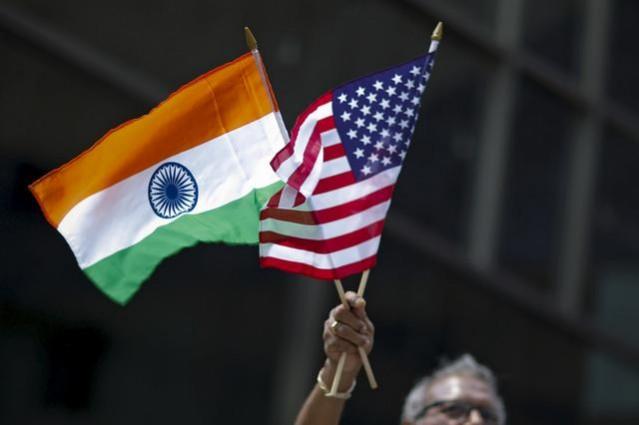
The Narendra Modi government on Saturday said it will continue to seek to build strong economic ties with the United States despite a decision by US President Donald Trump to end preferential trade treatment for India from June 5.
In a relatively tame response to the announcement from Washington on Friday, the government said it was "unfortunate" that its attempts to resolve significant US requests had not been accepted, Reuters reported.
Indian officials had previously raised the prospect of higher import duties on more than 20 U.S. goods if Trump dropped India from the program but there was no mention of that in the response.
"India, like the U.S. and other nations shall always uphold its national interest in these matters," the government said in a statement issued through India's trade ministry.
The privileges come under the Generalized System of Preferences (GSP), which had been allowing preferential duty-free imports of up to $5.6 billion a year into the U.S. from the South Asian nation. India is the biggest beneficiary of the GSP program.
The Indian government said that India viewed the issue as part of its ongoing economic relationship with the U.S. and "will continue to build on our strong ties with the U.S., both economic and people-to-people."
It added: "We are confident that the two nations will continue to work together intensively for further growing these ties in a mutually beneficial manner."
An earlier version of the statement had used the words "it is hoped" rather than "we are confident" but was subsequently withdrawn and replaced.
On Friday, the US announced the termination of end preferential tariffs to $5.6 billion of Indian exports from June 5 highlighting that the country has not given assurance to the US for providing "equitable and reasonable access to its markets." In a proclamation on Friday, Trump said, "I have determined that India has not assured the US that it will provide equitable and reasonable access to its markets. Accordingly, it is appropriate to terminate India's designation as a beneficiary developing country effective June 5, 2019."
The Economic Times reported that the Trump administration announced the termination of special duty benefits under the Generalized System of Preferences (GSP) on March 5 which was supposed to come into effect from the first week of May. However, sighting the general elections in India, the US decided to postpone the implementation of its decision until May 23.

Notably, former commerce and industry minister Suresh Prabhu and US Commerce Secretary Wilbur Ross had met last month to deliberate on issues related to e-commerce, data protection, and localization and intellectual property rights. According to a study conducted by the Federation of Indian Export Organisations, for the year 2018, India's global merchandise exports were $324.7 billion, of which $51.4 billion were shipped to the US. However, only $6.36 billion of county's exports to the US were benefitted under the GSP scheme.
Moreover, the exemptions on crystalline silicon photovoltaic (CSPV) products and large residential washers were also removed by the trump administration. In a proclamation, Trump said, "I have determined to remove it from the list of developing country WTO Members exempt from the application of the safeguard measures on CSPV products and large residential washers."
(With Agency inputs)

















